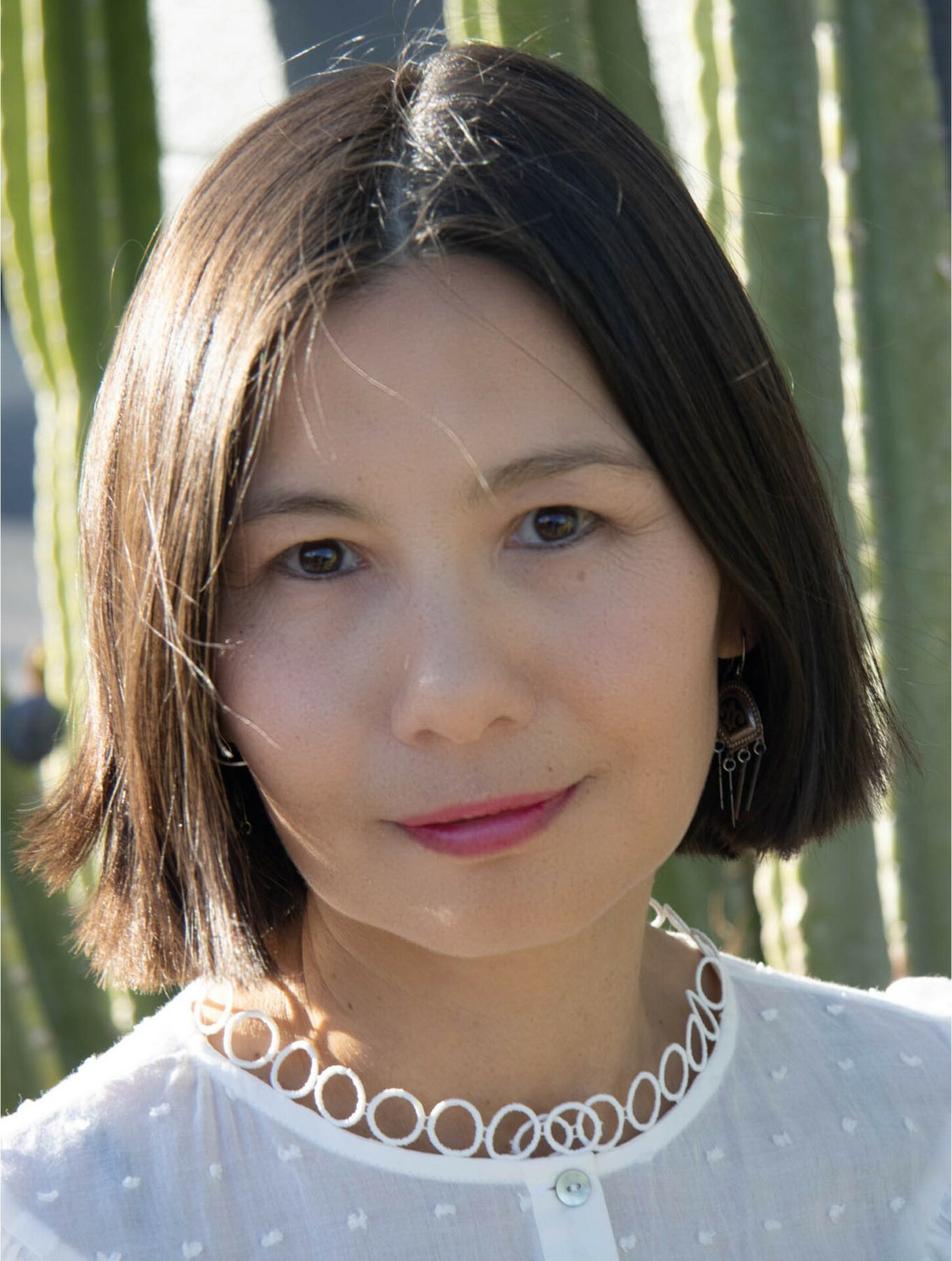We were lucky to catch up with Dana Ziyasheva recently and have shared our conversation below.
Dana, thank you so much for joining us today. Let’s jump right into something we’re really interested in hearing about from you – being the only one in the room. So many of us find ourselves as the only woman in the room, the only immigrant or the only artist in the room, etc. Can you talk to us about how you have learned to be effective and successful in situations where you are the only one in the room like you?
Wherever I went for my work (it was more than 80 countries), the first phrase I heard was usually “Wow! You are the first person from Kazakhstan I’ve met!” For a long time, I felt the responsibility to be that first person from Kazakhstan whose behavior determined how my compatriots would be perceived. I strived to be the perfect Kazakh — polite, efficient, and helpful.
When I was a kid back in the Soviet Union, I was confused about my identity. In middle school, I was the only Kazakh in my class. I didn’t feel pretty because my eyes were not blue. One time when my classmate mocked Kazakhs, I got so upset that I challenged the bully to a public fight, to “wash the insult.” The isolation that resulted from the scuffle made me realize the futility of using uppercuts to silence haters. I decided to focus on my inner growth. My academic success and intellectual prowess were going to be my revenge. I became the best in Russian literature and language (Kazakh wasn’t even taught). I learned English by translating and memorizing articles from the British newspaper Morning Star. I published my first story in a teen newspaper – it took an entire spread. While my classmates were busy with dating and parties, I was making it to newspapers and TV programs.
When I was 19, Kazakhstan gained its independence from Russia because the Soviet Union ceased to exist overnight. And so, just like that, without taking a step, I moved countries. Soviet ideology became a thing of the past, and my skills a hot commodity in the nascent market economy.
Let’s take a small detour – maybe you can share a bit about yourself before we dive back into some of the other questions we had for you?
in Paris Headquarters, in Iraq, North Korea, China, Nicaragua, and Costa Rica. I was also the youngest staff member in UNESCO’s history, so when I decided to leave the United Nations to pursue a film-making career, I was far from retirement age. I am proud to be a socially conscious filmmaker. My first feature film shot in Costa Rica, helped to outlaw marriage with minors in this country. “Defenders of Life” is the heart-wrenching story of Esmeralda, a 12-year-old Ngabe girl who is prayed upon by powerful men of the tribe, in the name of tradition. It was important for me to show the plight of Ngabe girls. I remembered myself at this age.
My sophomore feature “Greatland” is an acid social commentary, or rather, according to social media comments, “a social commentary on acid.” When I was explaining the aesthetic concept “Los Angeles 50 years from now” to the Art department and costume designer, we came to the conclusion that “it is a period piece.” Check “Greatland” out on Amazon Prime or Tubi TV, and you’ll see what I mean.
During the prolonged lockdown in California, I was busy imagining the story of a 20-year-old Angeleno who decides to surf the COVID wave, instead of running away from it. “How I Solved the Homeless Crisis in Cali” became a fiction podcast. It shows a new, unchartered Los Angeles that marches to its own beat. Hollywood doesn’t dare to show the real Los Angeles underbelly. I spent a good first part of the podcast building this world. Season 1 of “How I Solved the Homeless Crisis in Cali” premiered on Buzzsrpout in January 2023. The crazy talented L.A.-native Arman Darbo narrated the whole story in his laid back, effortless style. I personally like the YouTube version of the podcast, it has more sound effects, but commuters who listen to podcasts in their car, might prefer the Buzzsprout or iTunes version. Let me know.
This summer, I am headlining the first edition of “French Lit Nights of Hollywood” series that takes place in The Last Bookstore, downtown L.A. This new event dedicated to French literature invites the best contemporary French-speaking authors to present their books and aims to promote links between writers and the film & TV industry.
Looking back, what do you think were the three qualities, skills, or areas of knowledge that were most impactful in your journey? What advice do you have for folks who are early in their journey in terms of how they can best develop or improve on these?
The three most vital qualities for me are resilience, courage, and adaptability. I volunteered to work on UNESCO education program in Iraq, and it turned out to be one of the most formative experiences of my youth. When I was conducting field research for my novel “Shock”, I hiked through mountains with Karen guerilla deep into Myanmar, disguised as a Karen refugee. I was so committed to dig out first-hand accounts for “Shock”, I hopped on the plane to Comoros, a small archipelago in the Indian Ocean. I had no contacts in Comoros but when the plane landed, I helped a woman with two kids to disembark. From mother to mother, it was the right thing to do. She helped me to find a hotel and contacts in the government and the army of Comoros that supplied me with an abundance of information. I noticed this: when one adapts to unexpected situations, sees opportunity in adversity and stays the course, then coming on top of the situation is just a matter of time.
Self-respect is everything. Even if the benefits of giving in to material temptation or going for an easy solution seem overwhelming, ask yourself, “Would I be able to look at myself in the mirror, tomorrow?” The only person who’s going to be with you the entire life, is you. Love and respect yourself, spoil yourself with only the best spiritual and cultural delights this world has to offer.
Is there a particular challenge you are currently facing?
I want to change society for the better and have been searching for the right platform to do so. My mental age is more or less the same as the heroes of my stories, be it “Greatland”, “Defenders of Life”, “Shock” or “How I Solved the Homeless Crisis in Cali”. I back up my favorite young characters with wisdom of several lives I already lived. Right now, the whole world is undergoing profound transformation. Keeping the fire alive is the best motivation in these challenging times.
Contact Info:
- Website: https://danaziyasheva.com/
- Instagram: https://www.instagram.com/danaziyasheva/
- Facebook: https://www.facebook.com/dana.darbo
- Linkedin: https://www.linkedin.com/in/dana-ziyasheva/
- Twitter: https://twitter.com/DanaZiyasheva
- Youtube: https://www.youtube.com/@danaziyasheva6162
- Other: My movies: https://www.amazon.com/Defenders-Life-Children-Bearing/dp/B088K74BHV
https://www.amazon.com/Greatland-Nick-Moran/dp/B08LQ2P3Q3/
https://tubitv.com/movies/700419/defenders-of-life
https://tubitv.com/movies/564336/greatland
My podcast: https://howisolvedthehomelesscrisisincali.buzzsprout.com
https://www.youtube.com/@howisolvedthehomelesscrisi2236
My Novel: https://www.amazon.fr/Choc-Dana-Ziyasheva/dp/2958741001
https://www.amazon.com/Choc-French-Dana-Ziyasheva/dp/2958741001
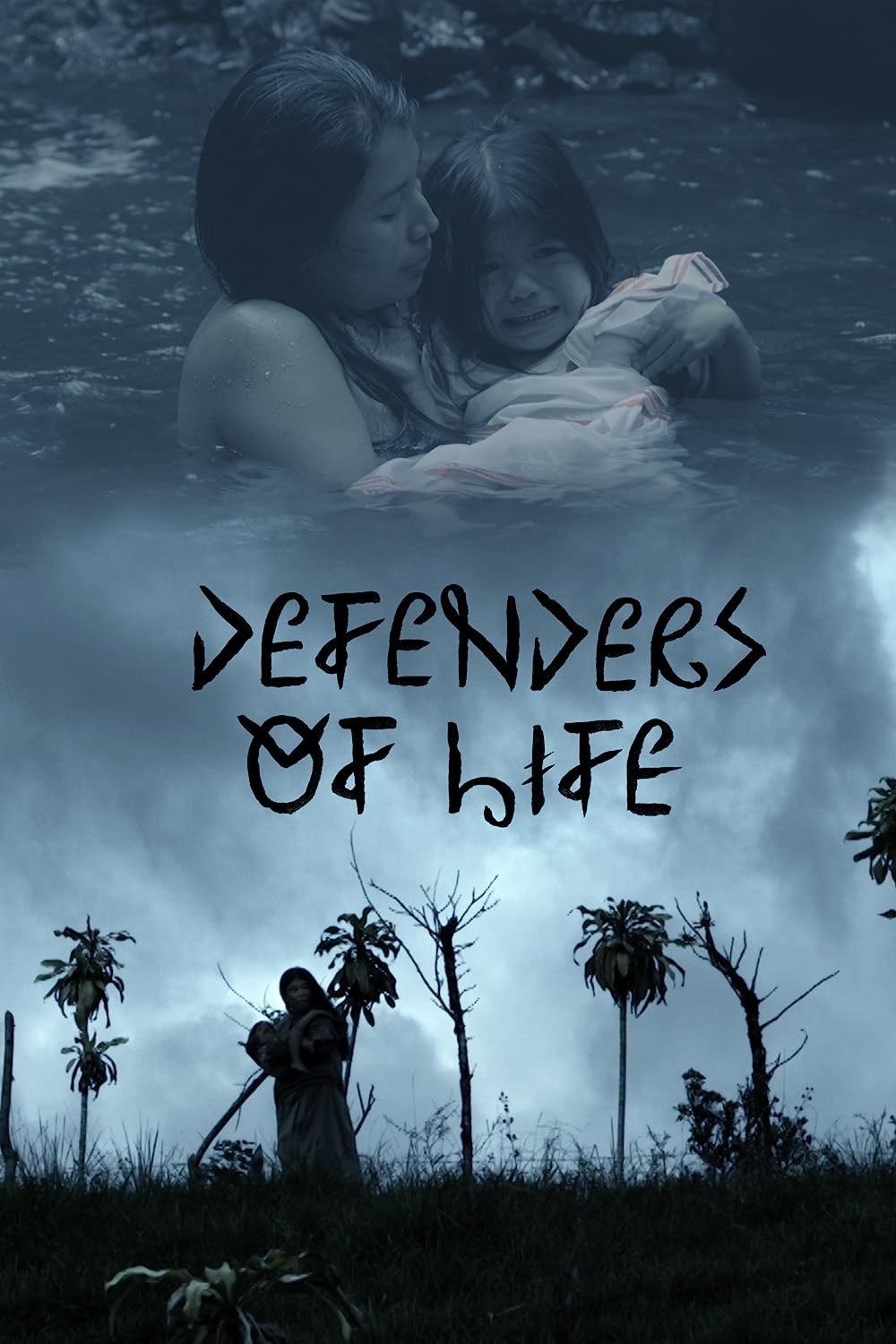
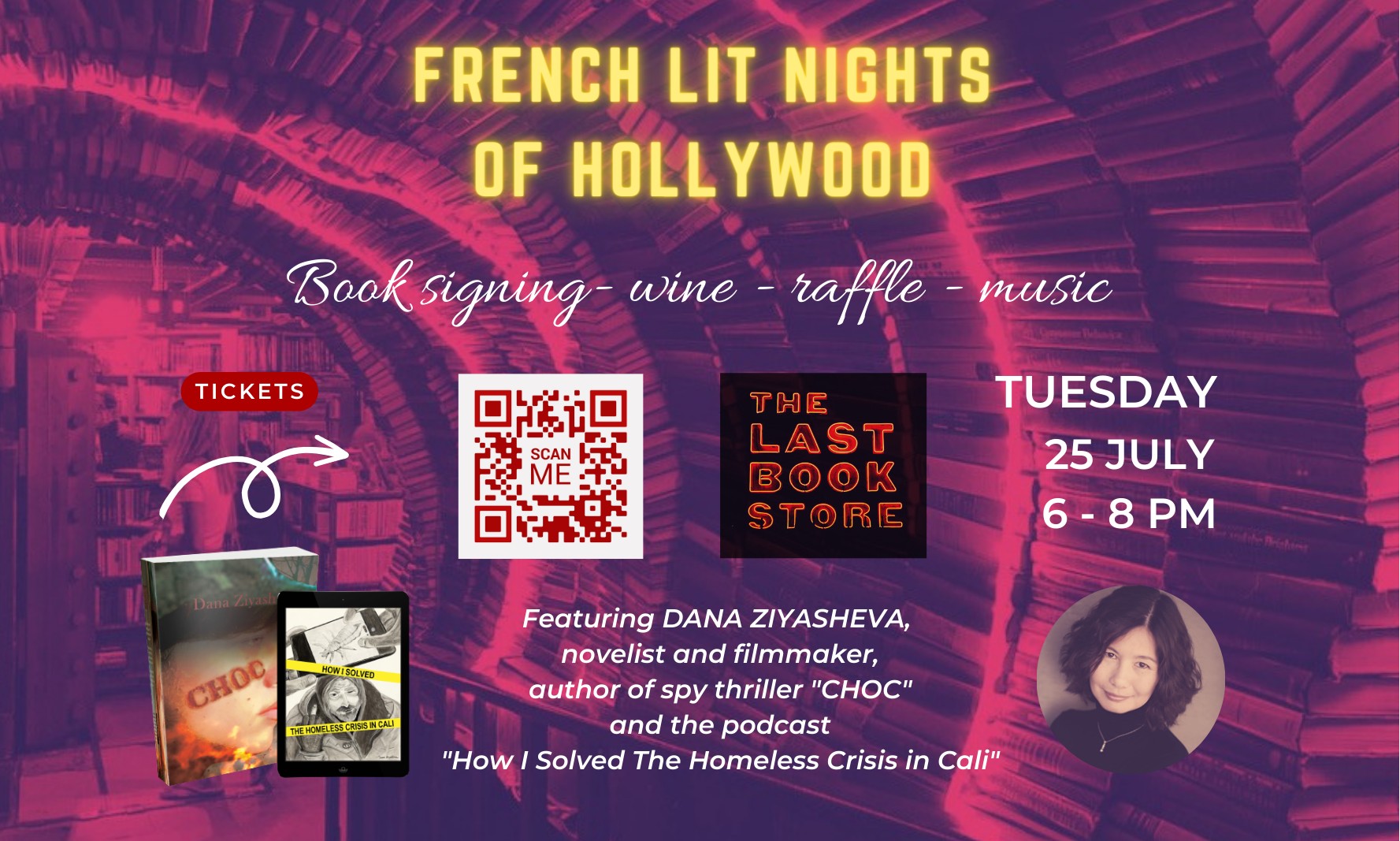
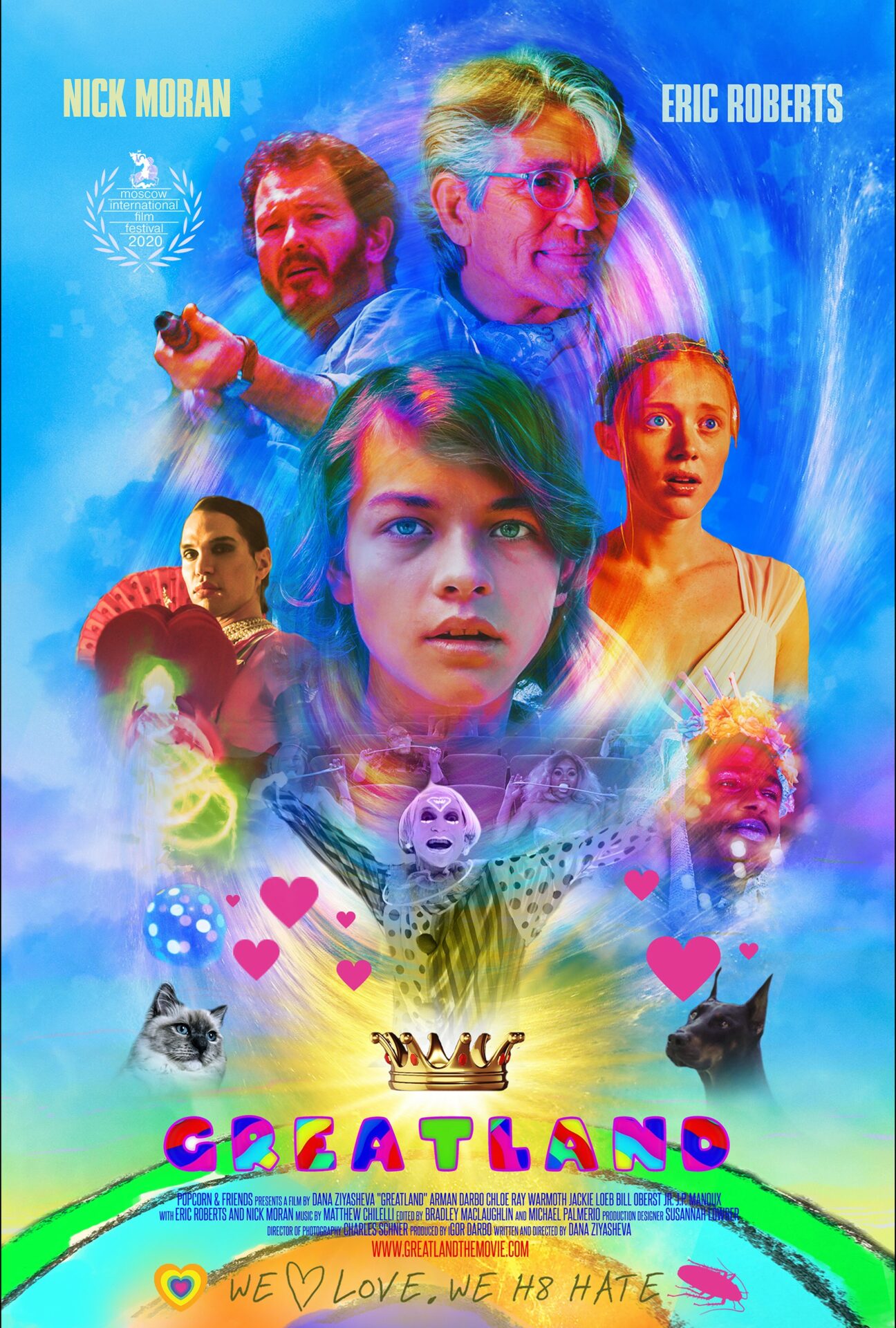
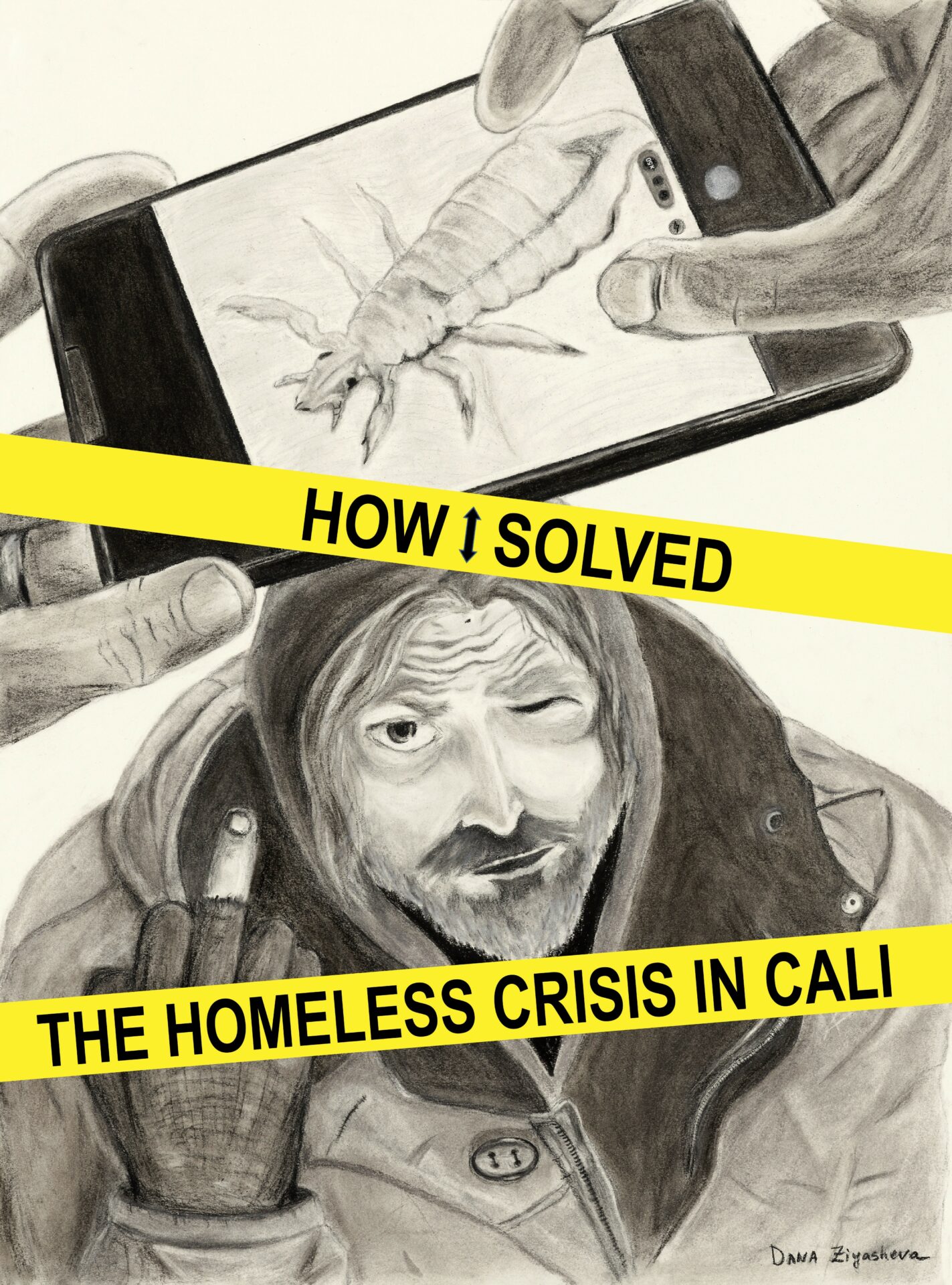
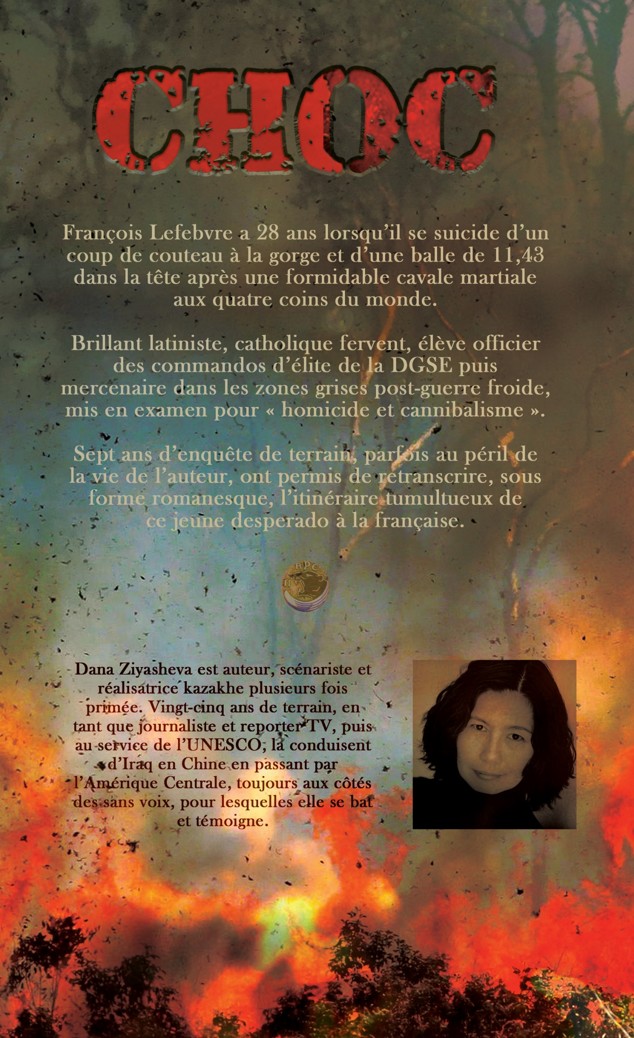

Image Credits
Dana Ziyasheva’s headshot by Kirill Varshavskiy

